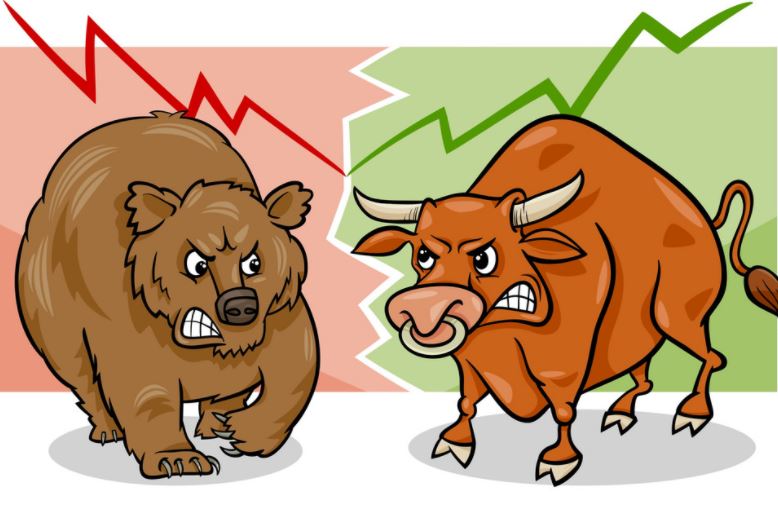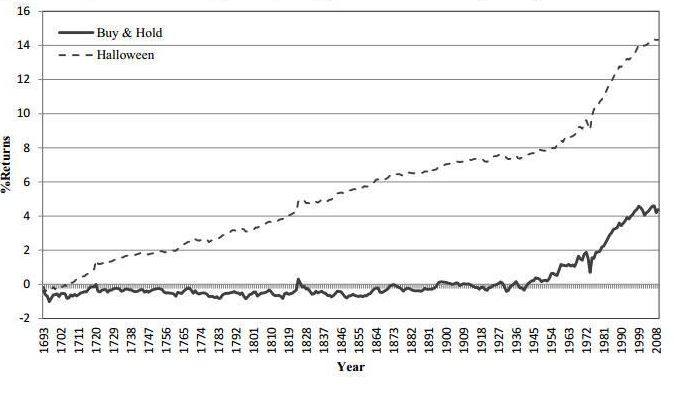Past performance is not necessarily an indicator of future performance.
These results are based on simulated or hypothetical work results, which have certain inherent limitations. Unlike the results shown in the real performance report, these results do not reflect real trading. In addition, since these transactions have not actually been completed, the results may not be adequately or excessively offset by the influence, if any, of certain market factors, such as lack of liquidity. Modeled or hypothetical trading programs in general are also subject to the fact that they are developed based on previous indicators. None of the reported system performance reports guarantee that any account will achieve the same profit or loss ratio close to those shown.
In addition, hypothetical trading does not involve financial risk, and the indicators of a non-hypothetical trading report cannot fully take into account the impact of financial risk in actual trading. For example, the ability to sustain losses or adhere to a certain trading program, despite trade losses, is a significant factor that can adversely affect the actual results of trading. There are many other factors related to the markets as a whole or to the implementation of any particular trading program that cannot be fully taken into account when preparing hypothetical results, each of which can adversely affect the actual results of trading.
Futures and forex trading contains substantial risk and is not for every investor. An investor could potentially lose all or more than the initial investment. Risk capital is money that can be lost without jeopardizing ones’ financial security or life style. Only risk capital should be used for trading and only those with sufficient risk capital should consider trading. Past performance is not necessarily indicative of future results.


